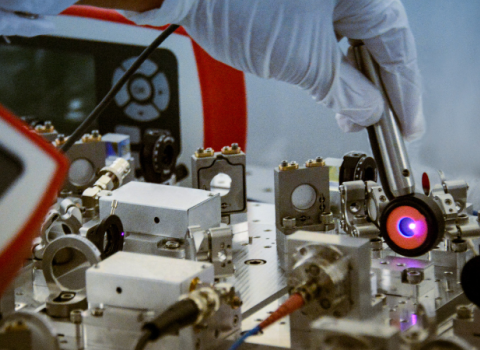Yesterday, LuxTrust S.A. and SnT announced their collaboration in a research partnership that will investigate cryptographic algorithms resistant to quantum computers. The announcement was made yesterday in a press release.
In a partnership that aims to foresee the challenges of tomorrow, SnT's Quantum Lab - led by Prof. Peter Ryan - will work with LuxTrust on upgrading their data security systems to be resistant against quantum computers. Having existed for many years – in fact, they were first conceived in the early 1980s – quantum computers may be able to be produced on a large scale within the next decade. This poses a huge problem to security systems that have not yet been specially designed to withstand their ability to handle large instances of mathematical problems.
Current encryption styles are not designed to be unbreakable. But they are designed to take long enough to crack that it proves unattractive to a hacker. The sheer strength of computing power on a quantum computer can break some encryptions in a comparatively small amount of time to a classical computer. It’s this dilemma that industries around the world face, in a race against the mass production of quantum computers.
SnT will collaborate with LuxTrust to develop an algorithm for securing its information that even quantum computers will not be able to break. In a movement that’s known as ‘Post-Quantum Cryptography,’ the development of this modern technology will ensure a seamless continuation of LuxTrust’s current systems into the post-quantum era. “We are confident that thanks to the expertise of SnT researchers, we will deliver practical solutions, or answers to real industry challenges that will further benefit clients using our digital services,” said Fabrice Aresu, the newly appointed CEO at LuxTrust.
Speaking about the partnership, Carlo Duprel – Head of the Technology Transfer Office – said, “Developing resistant cryptography is a challenge that a lot of industries now face as a priority. We are very enthusiastic to help LuxTrust in this endeavour, and enable them to maintain their impeccable standards of customer security into the next era of computing.”
This article was first published on June 02 by University of Luxembourg.





 A unique international forum for public research organisations and companies to connect their external engagement with strategic interests around their R&D system.
A unique international forum for public research organisations and companies to connect their external engagement with strategic interests around their R&D system.